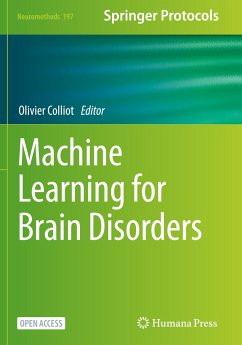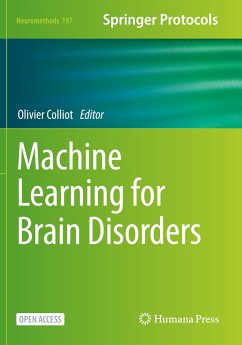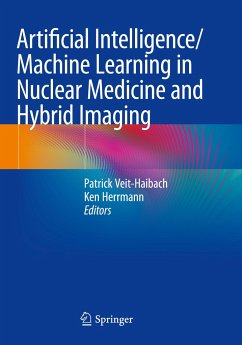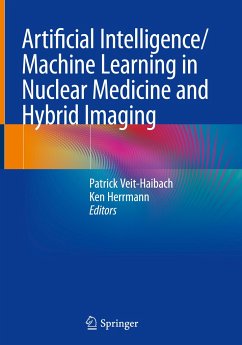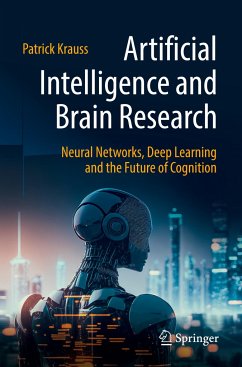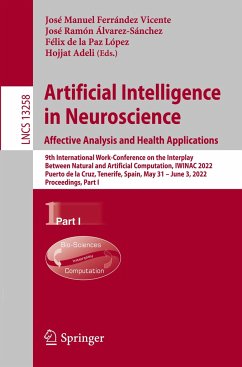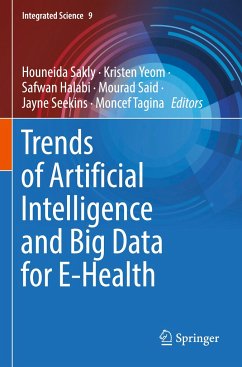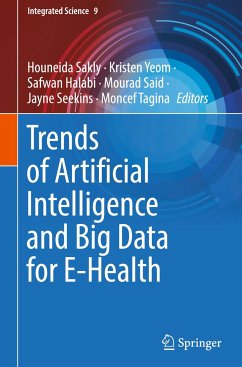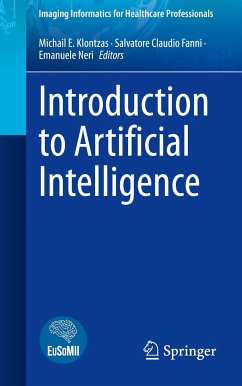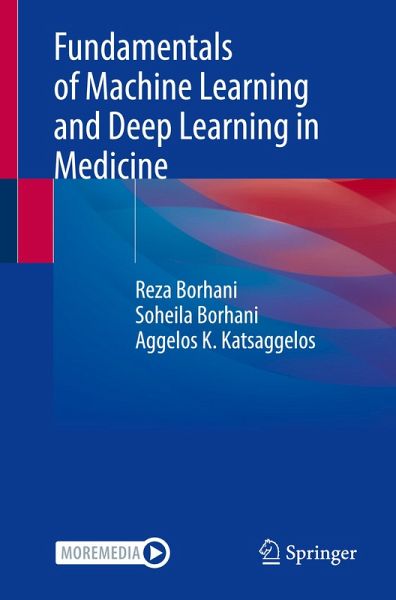
Fundamentals of Machine Learning and Deep Learning in Medicine

PAYBACK Punkte
34 °P sammeln!
This book provides an accessible introduction to the foundations of machine learning and deep learning in medicine for medical students, researchers, and professionals who are not necessarily initiated in advanced mathematics but yearn for a better understanding of this disruptive technology and its impact on medicine. Once an esoteric subject known to few outside of computer science and engineering departments, today artificial intelligence (AI) is a widely popular technology used by scholars from all across the academic universe. In particular, recent years have seen a great deal of interest...
This book provides an accessible introduction to the foundations of machine learning and deep learning in medicine for medical students, researchers, and professionals who are not necessarily initiated in advanced mathematics but yearn for a better understanding of this disruptive technology and its impact on medicine. Once an esoteric subject known to few outside of computer science and engineering departments, today artificial intelligence (AI) is a widely popular technology used by scholars from all across the academic universe. In particular, recent years have seen a great deal of interest in the AI subfields of machine learning and deep learning from researchers in medicine and life sciences, evidenced by the rapid growth in the number of articles published on the topic in peer-reviewed medical journals over the last decade. The demand for high-quality educational resources in this area has never been greater than it is today, and will only continue to grow at a rapid pace.
Expert authors remove the veil of unnecessary complexity that often surrounds machine learning and deep learning by employing a narrative style that emphasizes intuition in place of abstract mathematical formalisms, allowing them to strike a delicate balance between practicality and theoretical rigor in service of facilitating the reader's learning experience. Topics covered in the book include: mathematical encoding of medical data, linear regression and classification, nonlinear feature engineering, deep learning, convolutional and recurrent neural networks, and reinforcement learning. Each chapter ends with a collection of exercises for readers to practice and test their knowledge.
This is an ideal introduction for medical students, professionals, and researchers interested in learning more about machine learning and deep learning. Readers who have taken at least one introductory mathematics course at the undergraduate-level (e.g., biostatistics or calculus) will be well-equipped to use this book without needing any additional prerequisites.
Expert authors remove the veil of unnecessary complexity that often surrounds machine learning and deep learning by employing a narrative style that emphasizes intuition in place of abstract mathematical formalisms, allowing them to strike a delicate balance between practicality and theoretical rigor in service of facilitating the reader's learning experience. Topics covered in the book include: mathematical encoding of medical data, linear regression and classification, nonlinear feature engineering, deep learning, convolutional and recurrent neural networks, and reinforcement learning. Each chapter ends with a collection of exercises for readers to practice and test their knowledge.
This is an ideal introduction for medical students, professionals, and researchers interested in learning more about machine learning and deep learning. Readers who have taken at least one introductory mathematics course at the undergraduate-level (e.g., biostatistics or calculus) will be well-equipped to use this book without needing any additional prerequisites.



